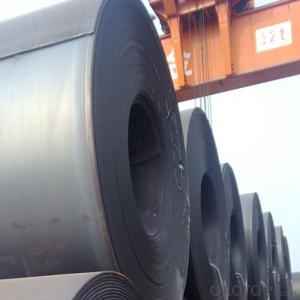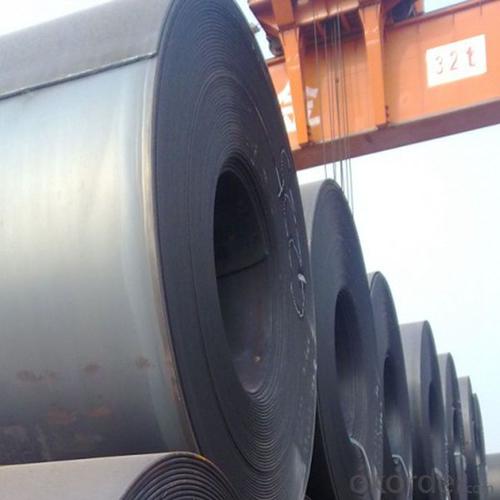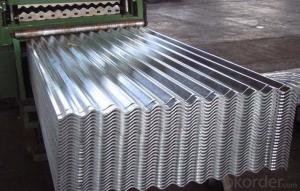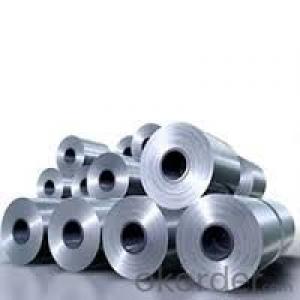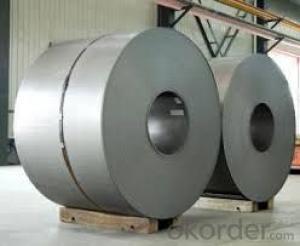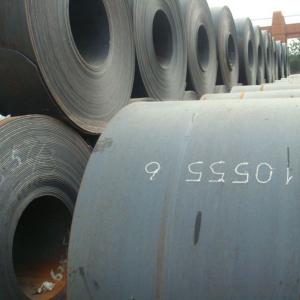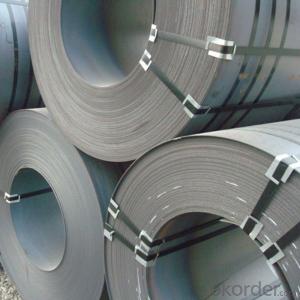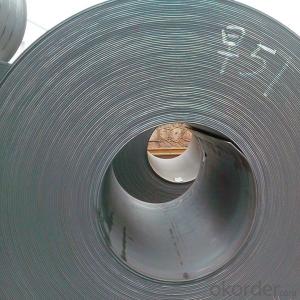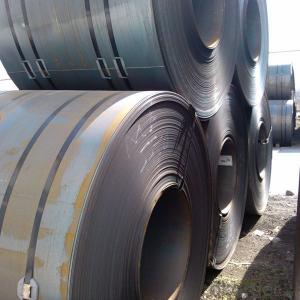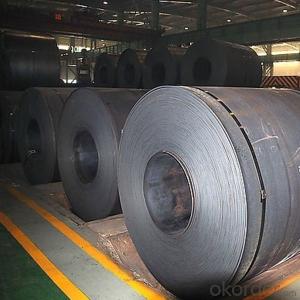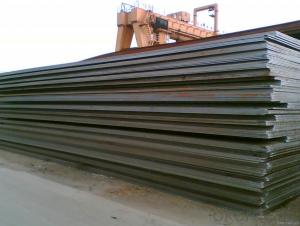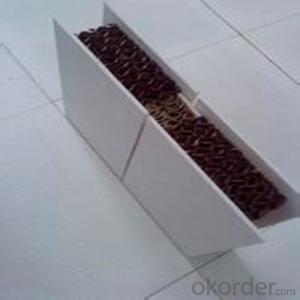Hot Rolled Plate Steel JIS SS400 Made In China
- Loading Port:
- Tianjin
- Payment Terms:
- TT OR LC
- Min Order Qty:
- 50 m.t.
- Supply Capability:
- 10000 m.t./month
OKorder Service Pledge
OKorder Financial Service
You Might Also Like
Specification
DESCRIPTION:
GRADE: SS400, ASTM A36, A572, ST37,ST52, Q195, Q215, Q235,Q345, S235JR etc.
STANDARD: GB/T709-2006, ASTM A36, JIS G3101, DIN EN 10025, SAE 1045, ASTM A570
SPEC: 1)Width: 600-2500mm or 1000,1050,1250,1500,1800,2000mm
2)Thickness:1.5mm-200mm or as customers’ special requirements;
3)Length: 2-12m or as customers’ special requirements
Product | carbon steel plate price per ton |
Place of origin | Tianjin,China mainland |
MOQ | 25 tons |
Thickness | 1mm-200mm |
Width | 1000mm-3000mm |
Length | 1000mm-2000mm |
Application | widely |
Standard | AISI,ASTM,BS,DIN,JIS,GB,etc |
Grade | A572,A573,A633,A678,A709,A710,G3101,G3136,etc |
Tpye | Steel plate |
Surfacing | Coated |
Productive Technology | Hot Rolled & Cold Rolled |
Price | FOB USD 500-900 per ton |
Port | TIANJIN,SHANGHAI |
Payment Terms | L/C,T/T,Western Union,MoneyGram |
Product Ability | 1000 tons per month |
Delivery | 10 days after deposit or according to customers' quantity |
Packing | standard seaworthy export packing or as the request of customers |
PACKING:
1.Big thickness:by bulk vessel
2.Small thickness:packed by steel strips and shipped by container
3.According to the requirements of customers'
TRADE TERMS :FOB, CFR, CIF
DETAILED PICTURES FOR STEEL COILS
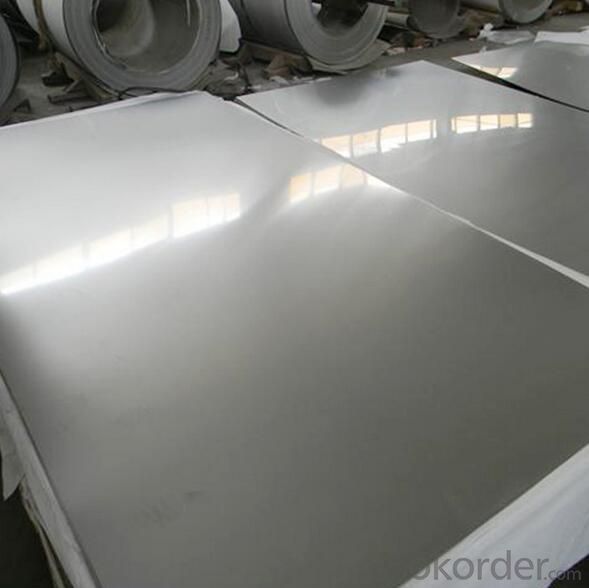
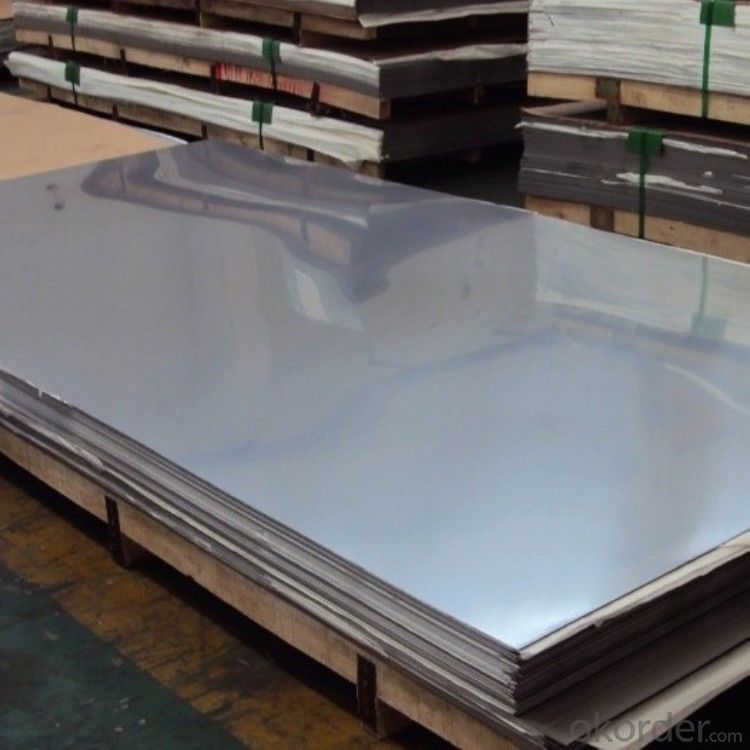
FAQ
Q:How to order?
A: Please send us your purchase order by email or fax .or you can ask us to send you a proforma invoice for your order .We need to know the following information for your order.
1) Shipping information-company name, street address, phone number, fax number, destination sea port
2) Product information – Quantity, Specification (steel type, thickness, width, surface finish)
3) Delivery time required
4) Forwarder's contact details if there's any in China
- Q: What are the different types of steel sheet finishes for marine applications?
- Some of the different types of steel sheet finishes for marine applications include hot-dip galvanized, stainless steel, and epoxy coatings.
- Q: What are the different surface treatments available for steel sheets to enhance their appearance?
- There are several surface treatments available for steel sheets to enhance their appearance. Some of the commonly used treatments include galvanizing, which involves applying a layer of zinc to protect against corrosion and provide a shiny finish. Another option is powder coating, where a dry powder is electrostatically applied and then cured to create a durable and attractive coating. Additionally, steel sheets can be polished or brushed to achieve a smooth and reflective surface.
- Q: What is the typical yield strength of steel sheets?
- The yield strength of steel sheets can vary depending on the grade and type of steel used, with mild steel sheets commonly used in construction and manufacturing having a typical yield strength of around 250 megapascals (MPa) or 36,000 pounds per square inch (psi). Higher strength steels, like high-strength low-alloy (HSLA) steels or advanced high-strength steels (AHSS), can exhibit yield strengths ranging from 300 to 600 MPa (43,500 to 87,000 psi) or even higher. It is important to note that these values are general estimates and specific steel grades may possess slightly different yield strengths.
- Q: Do the steel sheets have any specific certifications?
- Yes, the steel sheets have specific certifications to ensure their quality and compliance with industry standards. These certifications are typically issued by recognized organizations such as the International Organization for Standardization (ISO) or specific regulatory bodies depending on the country or region. The most common certifications for steel sheets include ISO 9001 for quality management systems, ISO 14001 for environmental management systems, and ISO 45001 for occupational health and safety management systems. Additionally, there may be specific certifications related to the steel industry, such as the American Society for Testing and Materials (ASTM) standards or the European Committee for Standardization (EN) certifications. These certifications guarantee that the steel sheets meet specific criteria for various attributes, including material composition, mechanical properties, and manufacturing processes.
- Q: Are the steel sheets resistant to chemical spills?
- Yes, steel sheets are generally resistant to chemical spills. Steel is known for its durability and ability to withstand various environmental conditions, including exposure to chemicals. The non-reactive nature of steel makes it highly resistant to corrosion, which means it can effectively protect against chemical spills. However, the specific resistance of steel sheets to chemical spills may depend on the type and concentration of the chemicals involved. It is always recommended to consult with experts or refer to specific steel grades and their compatibility with different chemicals to ensure optimal resistance.
- Q: Are steel sheets fire resistant?
- Yes, steel sheets are fire resistant.
- Q: Are steel sheets resistant to warping or bending?
- Yes, steel sheets are known for their high resistance to warping or bending due to their strong and rigid nature.
- Q: What are the different surface finishes for stainless steel sheets?
- Some common surface finishes for stainless steel sheets include brushed, mirror, satin, and bead blasted.
- Q: What are the different methods of joining steel sheets?
- There are several methods of joining steel sheets, including welding, riveting, bolting, and adhesive bonding. Welding is one of the most common methods, where the steel sheets are heated to melting point and fused together. Riveting involves using metal fasteners to join the sheets, while bolting uses screws or bolts. Adhesive bonding involves using specialized adhesives to bond the steel sheets together. Each method has its own advantages and limitations, and the choice depends on factors such as the application, material thickness, and desired strength.
- Q: Can steel sheets be used for automotive manufacturing?
- Certainly, steel sheets have the ability to be employed in automotive production. The automotive sector extensively utilizes steel due to its robustness, longevity, and cost efficiency. Steel sheets find common application in diverse automotive constituents like body panels, chassis, frames, and structural reinforcements. They offer the essential strength and stiffness necessary to ensure the safety and functionality of vehicles. Furthermore, steel sheets can be effortlessly shaped and molded into various forms, rendering them appropriate for intricate automotive designs. Additionally, steel is easily obtainable, hence making it a favored option for automotive manufacturers.
Send your message to us
Hot Rolled Plate Steel JIS SS400 Made In China
- Loading Port:
- Tianjin
- Payment Terms:
- TT OR LC
- Min Order Qty:
- 50 m.t.
- Supply Capability:
- 10000 m.t./month
OKorder Service Pledge
OKorder Financial Service
Similar products
Hot products
Hot Searches
Related keywords
